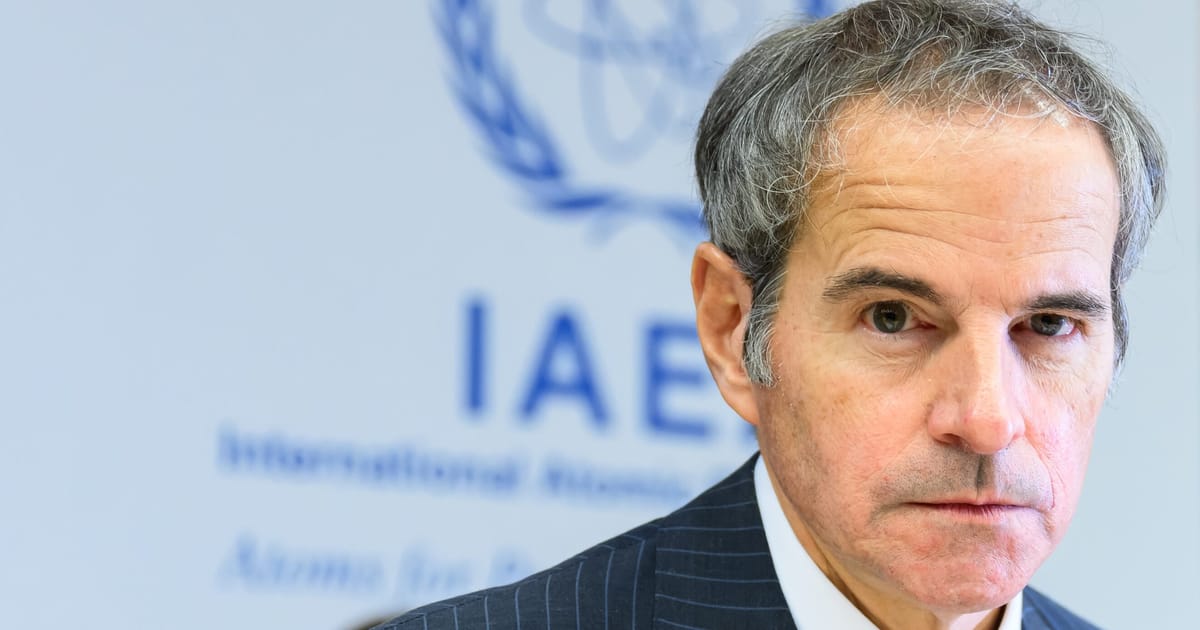

In the continuously dynamic landscape of the Middle East, recent developments reflect ongoing tensions and a complex humanitarian situation. It is crucial to comprehend these unfolding events with a focused and soothing perspective, navigating through the intricate scenarios with clarity and calmness.
Amidst escalating tensions in Iran, the international community is witnessing significant developments concerning its nuclear program. Iran has reportedly imposed restrictions on the activities of the International Atomic Energy Agency (IAEA) within its nuclear facilities. This comes following claims that Israel obtained sensitive data related to Iran’s nuclear sites, leading to increased regional unease. The precise details of these restrictions encompass a ban on the IAEA chief and the deployment of surveillance cameras, which Iran hopes will safeguard its facilities’ integrity. The implications of these actions are being monitored, with diplomatic conversations encouraged to maintain global security and transparency.
Concurrently, the humanitarian situation in Gaza has become more pronounced, highlighting the need for renewed humanitarian efforts and potential peace talks. Recent Israeli airstrikes in the region have resulted in tragic losses, with over 60 reported casualties in just one night. These attacks, occurring near a displacement shelter in Gaza City, underscore the urgent need for de-escalation and humanitarian aid. The international community, including the United Nations, is calling for immediate interventions to address the urgent needs of the affected populations while emphasizing the importance of peace negotiations to prevent further loss of life.
In parallel, the operational landscape at regional airports has seen adjustments due to safety concerns. Emirates Airlines has extended the suspension of flights to Tehran amidst these tensions, reflecting an acute awareness of the evolving security situation. The airline anticipates resuming select routes, demonstrating a mindful approach in adapting to regional dynamics while prioritizing passenger safety.
Furthermore, the structural challenges in delivering aid to Gaza have sparked commentary from international organizations. The United Nations has highlighted concerns about a US-backed aid system in the region, critiqued for risking lives as individuals seek essential food supplies. Médecins Sans Frontières has echoed these sentiments, calling for an immediate revision of aid mechanisms to prioritize humane and effective distribution. The humanitarian corridors are under intense scrutiny, and there is a clear need for dialogue on ethical and efficient aid delivery to alleviate the ongoing strain on vulnerable populations.
Elsewhere in the geopolitical landscape, conversations between Ukraine and regional allies have underscored the importance of solidarity amidst political changes. Ukrainian President Volodymyr Zelensky’s meeting with outgoing Polish President Andrzej Duda highlighted the significance of maintaining supportive alliances, especially with impending political leadership shifts. This diplomatic engagement emphasizes the importance of cohesive support networks in fostering stability during transitional phases.
In sum, across the Middle East and broader regional contexts, the current situation calls for a balanced understanding and a commitment towards peace and humanitarian redress. Considerate steps are crucial in navigating these tensions, adopting cooperative strategies that support both diplomatic resolution and humanitarian resilience. The evolving dynamics necessitate a mindful approach, fostering dialogue and unity to address not only immediate challenges but also long-term peace and stability in the region.
Source: {link}
